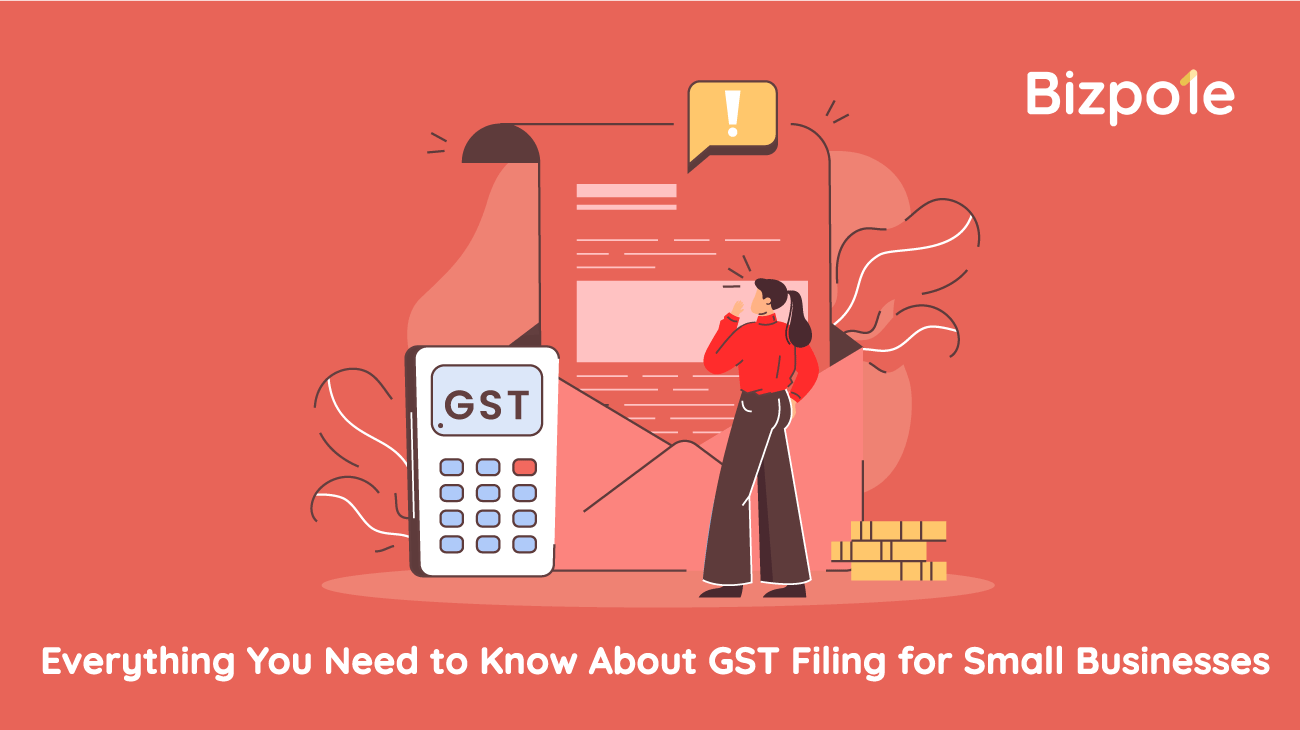

×

GST filing is crucial for businesses. Understand the essentials of GSTR 1, GSTR 8, and the required documents for GST registration in simple terms below.
The GST Return is a document that taxpayers must file with the tax administrative authorities, showcasing the details of sales, purchases, input tax credit, and tax liability.
This return provides a comprehensive summary of transactions relating to the previous month and mentions the tax collected on sales.
Every registered business under the GST Act should file GST returns, whether they have made sales or not in the given period. This includes traders, manufacturers, resellers, and service providers. Returns vary based on the type of business and its turnovers.
For example, regular businesses file GSTR 1 monthly or quarterly, capturing their sales details. Those who collect tax on behalf of others, like e-commerce operators, file GSTR 8. Ensure you have the necessary doc for GST registration and keep yourself updated with filing timelines.
GST filing, an imperative for businesses, involves various return types depending on the nature of transactions and the taxpayer's profile.
Here's a rundown of the main GST return types:
Here are the major reasons why people opt for Trademark Registration:

GST, one of India's largest tax reforms, has considerably reshaped the country's business landscape. Small businesses, in particular, stand to gain significantly from this unified tax regime.
Here are some notable advantages:
GST offers notable exemptions to boost entrepreneurship and small enterprises. If a business solely deals in goods and has a turnover below Rs. 40 lakhs, it's exempt from GST.
Additionally, businesses with an annual turnover under Rs. 1.5 crores can opt for the composition scheme, offering a simplified tax structure.
Handling GST can be tricky for small businesses, leading to some common mistakes. Here are some they often make:


When you file GST returns late, you have to pay a fine called a late fee. This fee is Rs. 100 per day for each rule you break. So, you'll pay Rs. 100 for the Central GST (CGST) and Rs. 100 for the State GST (SGST). These are two parts of our country's GST system.
Keeping up with GST rules is important for every business. It's easy to miss out on small aspects, but the financial implications of such oversights can be significant. As the old saying goes, "A stitch in time saves nine."
So, it's always wise to stay informed and possibly seek expert assistance to guide you through the process and make sure you do things right.